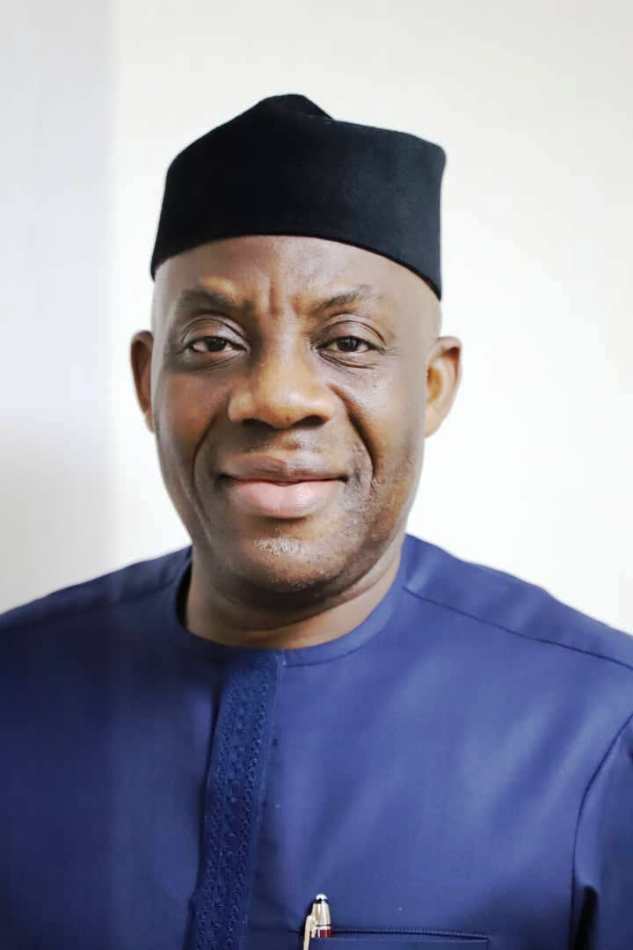Abuja, Nigeria – In a landmark policy change announced this week by the Federal Ministry of Education (FME), mathematics will no longer be a compulsory subject for candidates seeking admission into tertiary programmes in Arts and Humanities disciplines. The reform, spearheaded by Minister of Education Dr. Tunji Alausa is intended to improve access to higher education and remove longstanding structural barriers for many Nigerian students.
Key Aspects of the Policy:
Under the new “National Guidelines for Entry Requirements into Nigerian Tertiary Institutions,” applicants for Arts and Humanities programmes at universities, polytechnics, colleges of education and Innovation Enterprise Academies (IEAs) will no longer need a credit in mathematics to gain admission.
For science, technology, and social Science-oriented programmes, mathematics remains a mandatory requirement.
Universities will now require a minimum of five credit passes (including English Language) obtained in no more than two sittings for Arts applicants. Mathematics only remains compulsory where the course demands it.
Polytechnics and colleges of education will also revise their requirements:
Polytechnics (ND level): Four credit passes required — English is mandatory for non-science courses; mathematics remains for science-related courses.
HND level: Five credits, including English and mathematics, depending on discipline.
Colleges of Education (NCE level): Four credits required; English mandatory for Arts and Social Sciences; mathematics required for science, vocational, and technical tracks.
The reform aims to open admission opportunities for an estimated additional 250,000 to 300,000 students annually.
Importantly: Despite removing mathematics as a credit requirement for certain programmes, the FME clarified that mathematics remains compulsory to sit in the Senior School Certificate Examination (SSCE) for all students — they must still register and take Mathematics.
Minister’s Justification:
Dr. Alausa described the change as overdue, noting that the previous rigid requirements denied many capable students’ admission despite academic performances. He argued that the policy aligns with the government’s broader objective of inclusivity under the “Renewed Hope Agenda” and seeks to democratize access to tertiary education.
Reactions & Implications:
Supportive voices: Education analysts have described the reform as “a brilliant step” to ease access to higher education for thousands of students whose strengths lie outside mathematics-intensive subjects.
Concerns raised: Critics argue that de-emphasizing mathematics for arts students may undermine foundational reasoning and numeracy skills. For example, Anthony Kila launched the #LetOurChildrenCount campaign, warning that mathematics is vital “for reasoning, structure, and fairness in thought.”
Clarification needed: The FME’s follow-up statement emphasising that mathematics remains compulsory to sit in SSCE exams suggests the policy focuses on admission criteria, not erasing mathematics from the curriculum.
What This Means for Students and Institutions:
Students applying for Arts/Humanities programmes will now have more streamlined requirements, potentially reducing the pressure of needing a mathematics credit for admission.
Schools and examination bodies must ensure students continue to register for and sit mathematics at O-Level, even if a credit is not required for some tertiary tracks.
Admissions offices at universities, polytechnics, and colleges will need to adapt their selection criteria to the new guidelines, ensuring programmes correctly reflect which subjects remain compulsory.
Teachers and counsellors will need to guide students carefully: while maths may no longer block admission in arts, foundational numeracy and reasoning skills still matter.
The policy raises a broader question about how numeracy and quantitative reasoning will be sustained in disciplines where mathematics is no longer required — and how graduates will cope in an increasingly data-driven world.
Closing Summary:
The reform unveiled by Minister Alausa marks a significant shift in Nigeria’s tertiary admission system — recalibrating the role of mathematics for Arts and Humanities hopefuls. While the change promises to broaden access and reduce barriers, it also ignites debate around academic standards, numeracy, and the long-term implications for students’ preparedness in a modern economy. As the policy rolls out for the 2025/2026 academic cycle, its impact will be closely watched by educators, students, and stakeholders across the country.
For Clarion Newschannel TV:
Recommended live segment: “On the Ground: How Students Are Reacting to the Maths Requirement Reform” — featuring interviews with high-school guidance counsellors, students aiming for Arts programmes, and a critique from Professor Kila’s campaign.
Recommended visual assets: charts showing previous admission numbers, infographic mapping new vs. old mathematics requirements, student and teacher reactions in Lagos and other states.


